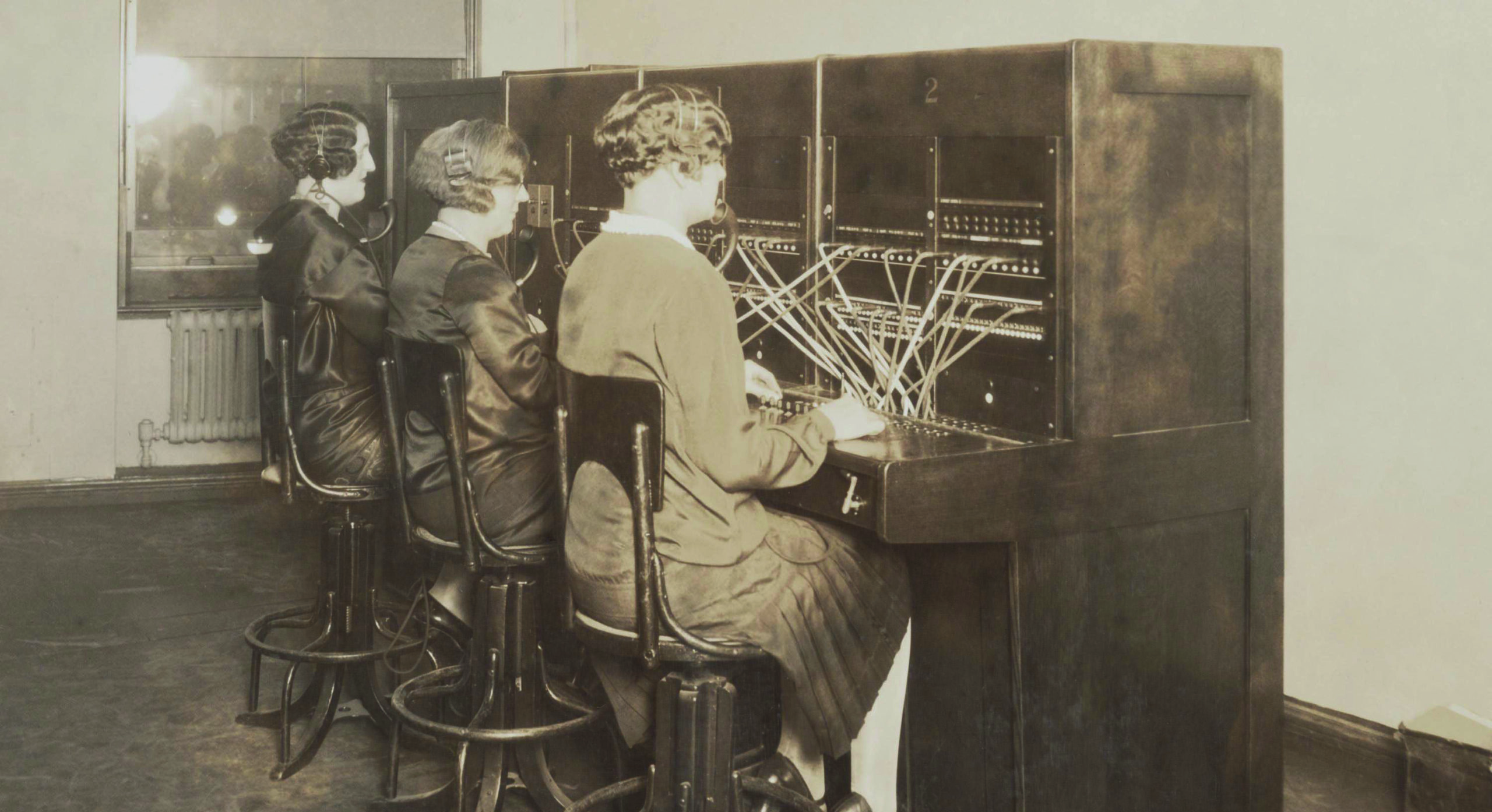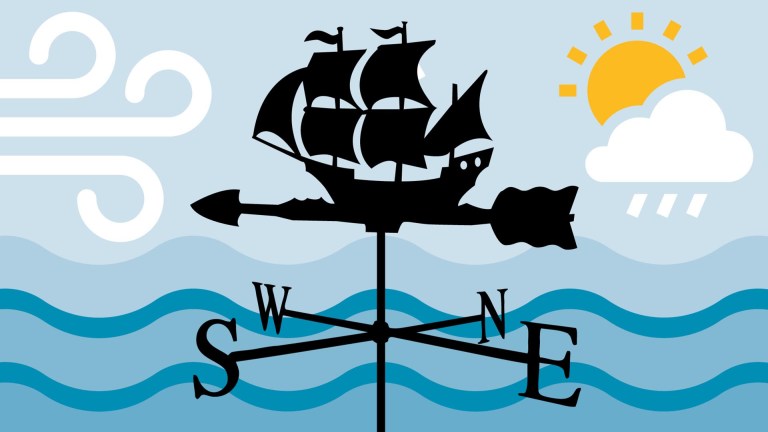Sweden’s King Gustav III approached the problem with scientific rigour. He was fortunate to have identical twins on death row, so he released them into the hands of experimenters. One was to spend his life drinking excessive tea, the other excessive coffee. Unfortunately, the effects were so limited that the twins outlived both the experimenters and the assassination of the king.
Though the threat of coffee was mainly imagined, the threat of the tractor to people’s way of life was more real. With the further example of the telephone and their operators, the episode examines the idea of how the dominance of women as phone operators, coinciding with the rise in the power of the women’s suffrage movement, both threatened and enabled. This is an entertaining exploration of the fear of technology and change and perfectly timed for an average commute.
In an earlier episode, they looked at the scurrilous practice of built-in obsolescence, starting with the tale of lightbulb from Thomas Pynchon’s Gravity’s Rainbow, which turned out to be more fact than fiction. Byron the lightbulb is a fictional bulb that will glow for eternity, how unlikely. Yet, there is a lightbulb that has been glowing for over a century at Livermore fire station. It seems that the manufacturers of lightbulbs spent a great deal of time in research and development working hard not to improve their product, but to make it worse.
It was considered not merely a point of honour, but of duty, for lightbulb manufacturers to have a universal sub-standard. From here they explore the motor industry and the iPhone, not merely throwing blame on the creators, but also ourselves. Are we complicit in the race for products to be tired and out of date?
From coffee paranoia to Putin’s rise and how the CIA overthrew Iranian democracy, Throughline helps give context to the present by examining our past, an antidote to so much of the news which has grown bored of a story by the time actual facts come in.
With concise summary, expert voices and spare use of archive recordings, Throughline is illuminating and sometimes surprising.









